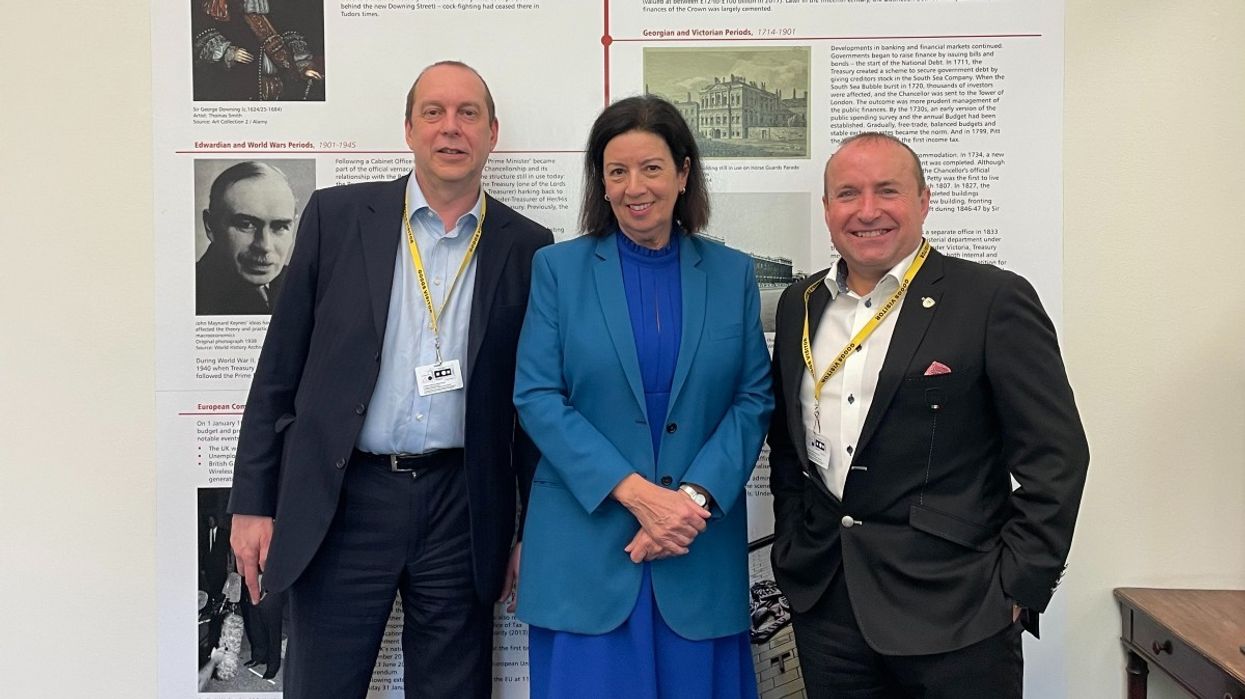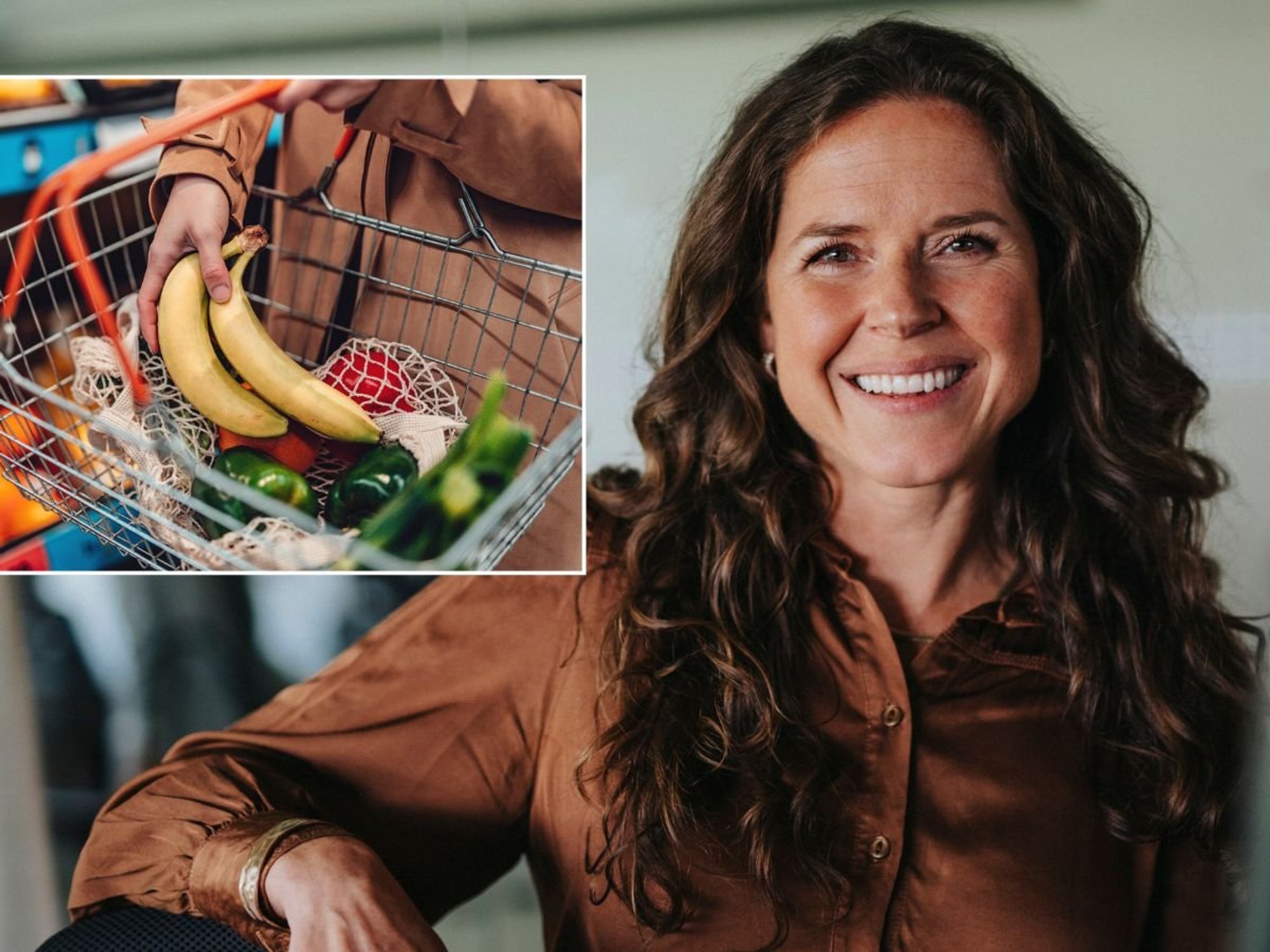‘Bank of Dave style community banking will help spread economic growth,’ writes Jo Gideon

Jo Gideon with Dave Fishwick and David Henshaw
|GB News
Jo Gideon referred to Dave’s plight as a David versus Goliath battle
Don't Miss
Most Read
Latest
As one of the few Members of Parliament with a small business background, I know first-hand how important access to finance is, not only for economic growth but also the Government’s Levelling Up agenda.
Lack of finance is the single largest inhibitor of business expansion and affects those from disadvantaged backgrounds and female-owned businesses disproportionately.
Yet the Federation for Small Businesses research shows that high street banks aren't lending to the majority of SMEs seeking to fund business growth because this sector represents the highest risk levels.
For the many small businesses which need to borrow to grow, the current options are simply not adequate.
As the Member of Parliament for Stoke-on-Trent Central, I have been calling for a ‘Bank of Dave’ style community bank in Stoke, ever since I watched Dave Fishwick’s inspiring story on Netflix.
Dave is a very successful businessman, but in the world of banking, his is a David versus Goliath battle.
It is a story that inspires us all, because Dave is an everyman in his battle against the establishment, challenging an antiquated financial regulatory system. The rules-based system that governs our banking was set up to protect consumers and its intentions were good.
However, no one can forget the banking crash of 2008 and how regulation did not stop the big players from taking enormous risks with our money.
LATEST DEVELOPMENTS:As traditional banks exit many high streets and a commitment to their local communities weakens, for individual families, the absence of a reputable borrowing facility can mean they are forced into the arms of loan sharks or payday lenders with exorbitant interest rates.
Dave’s second Netflix movie is about how he took on this part of the industry. It is another reason that community-based banking is so vital in tackling the scourge of moneylenders who prey on the poor.
Britain lags behind other advanced economies in developing regional and local banking. During the critical post-recession period of 2008-2013, total bank lending to non-financial businesses in the UK dropped by around 25 per cent, during the same period in Germany, lending by the thousands of regional mutual banks (Sparkassen) and co-operatives increased by around 20 per cent.
At Westminster, there are sympathetic noises, but whilst Dave and I recently had meetings with both Treasury and Business ministers, joined by representatives of Credit Unions, Community Development Financial Institutions, Big Society Capital, the British Business Bank and Mutuals, progress is painfully slow. The regulator says the responsibility for changing the rules lies with Government and the Government says it is the role of the regulator.
We need to enable the smaller challenger banks and CDFIs to flourish and actively support the ‘Bank of Dave’ community banking model, as well as expanding the Credit Union movement to democratise the banking and financial services sector.
We must get rid of the poverty premium, where those who struggle financially are charged significantly more for borrowing. The “one size fits all” regulation that burdens smaller lenders and stifles innovation in the banking and non-banking financial sector needs reform, whilst ensuring the consumer safeguards that prevent another large-scale banking scandal are in place.
Dave started this fight over twelve years ago. We should all back his campaign, because up and down the country communities are keen to help their local businesses succeed, creating new jobs and a nicer environment – regenerating high streets and supporting charities with their profits, whilst, in Dave’s words, “keeping granny’s money safe”.
This philosophy has led to in excess of £30million of loans being given to local businesses and individuals in the Burnley area. The repayment level of 95 per cent is no worse than High Street Banks despite the fact that these borrowers would not have been approved for finance in those banks. Any profits benefit local charities. A simple and effective model.
People want old-fashioned banking with people who are invested in making their community thrive. That’s surely not too much to ask.










